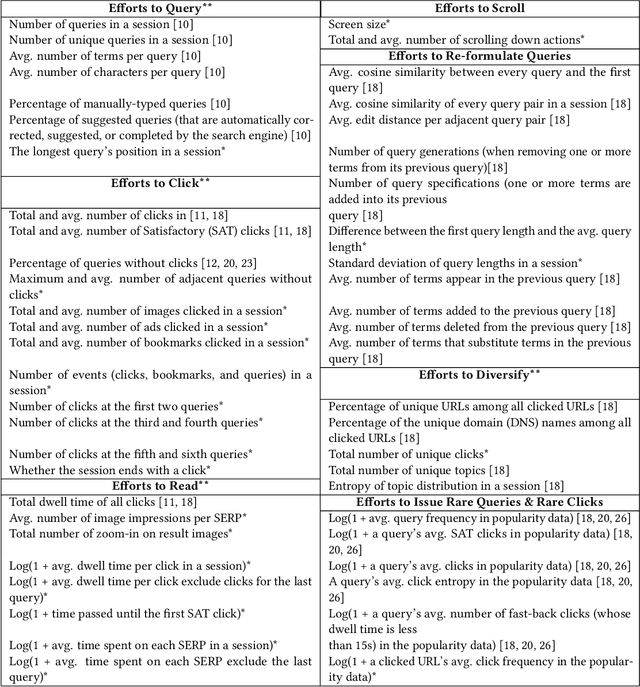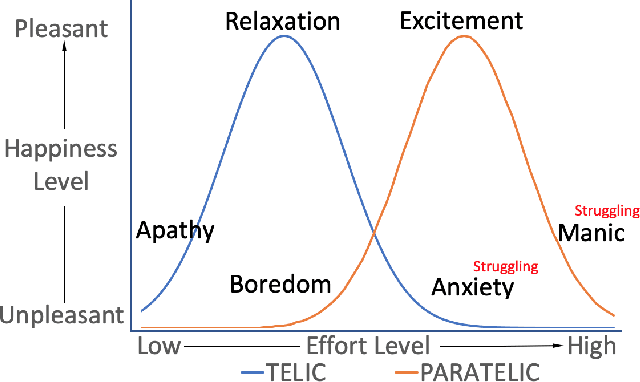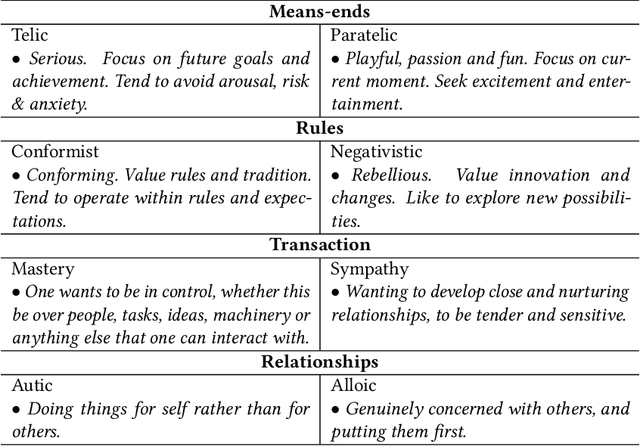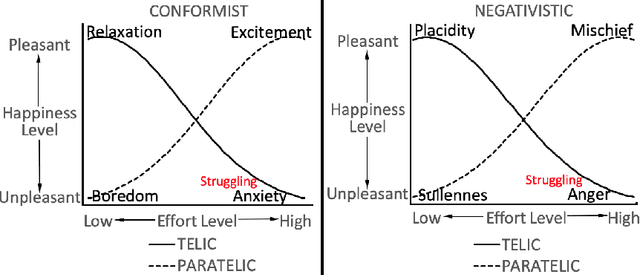Feature Modulation to Improve Struggle Detection in Web Search: A Psychological Approach
Paper and Code
Dec 09, 2021



Searcher struggle is important feedback to Web search engines. Existing Web search struggle detection methods rely on effort-based features to identify the struggling moments. Their underlying assumption is that the more effort a user spends, the more struggling the user may be. However, recent studies have suggested this simple association might be incorrect. This paper proposes a new feature modulation method for struggle detection and refers to the reversal theory in psychology. The reversal theory (RT) points out that instead of having a static personality trait, people constantly switch between opposite psychological states, complicating the relationship between the efforts they spend and the level of frustration they feel. Supported by the theory, our method modulates the effort-based features based on RT's bi-modal arousal model. Evaluations on week-long Web search logs confirm that the proposed method can statistically significantly improve state-of-the-art struggle detection methods.
 Add to Chrome
Add to Chrome Add to Firefox
Add to Firefox Add to Edge
Add to Edge